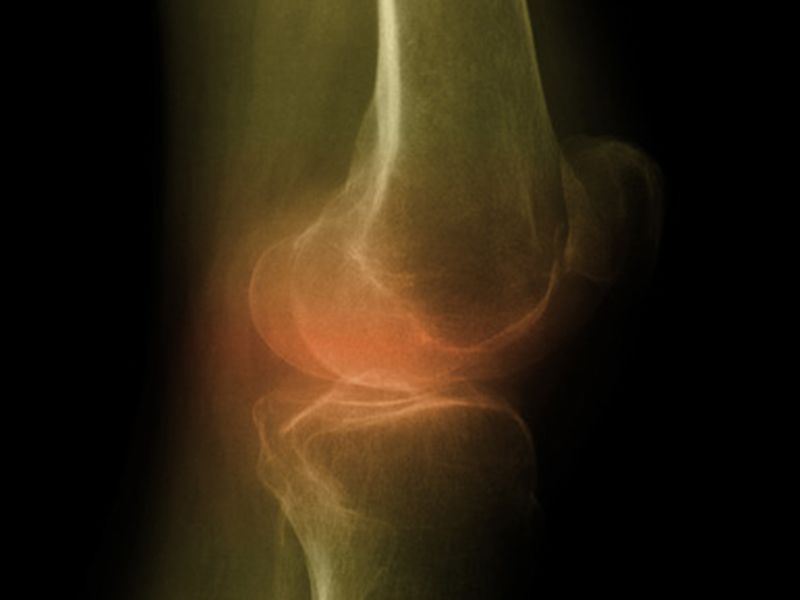WEDNESDAY, March 24, 2021 (HealthDay News) — Total knee replacement is a cost-effective treatment for extremely obese people with knee osteoarthritis, a new study claims.
The painful condition affects more than 14 million U.S. adults, and total knee replacement is often recommended to treat advanced knee osteoarthritis.
However, concerns about increased risks of poor wound healing, infection and implant failure make some surgeons reluctant to perform the procedure on extremely obese people.
“High BMI should not serve as a barrier for people seeking this procedure,” said study author Elena Losina, a founding director of the Policy and Innovation eValuation in Orthopedic Treatments Center and a co-director of the Orthopedic and Arthritis Center for Outcomes Research at Brigham and Women’s Hospital in Boston.
For the study, Losina and her colleagues used a computer simulation to assess the pros and cons of total knee replacement in extremely obese people.
When they calculated dollars spent for quality-adjusted life year gained, the results showed that in both age groups — younger and older than 65 — total knee replacement is a cost-effective treatment.
The study was published March 23 in the Annals of Internal Medicine.
Most extremely obese patients with advanced knee osteoarthritis who consider total knee replacement are in the younger age range, and these findings may help ease concerns regarding the value of this surgery in these patients, the researchers suggested.
“People with extreme obesity experience substantial pain reduction from [total knee replacement], leading to meaningful improvements in quality-adjusted life expectancy,” Losina said in a hospital news release.
“From a health policy perspective, this operation offers a very good value for the dollars spent,” she said.
“Instead of questioning whether or not to do surgery for people with extreme obesity, the conversation should be about how to accommodate these patients and provide accurate information about what to expect post-surgery,” Losina said.
“Ultimately, this study raises the question of how to do the operation in a way that addresses all of the challenges that may arise,” she noted. “This is a discussion that should take place between individual patients and physicians, discussing all the risks, complications, and benefits, as well as considerations of operating room accommodations that would optimize the work of orthopedic surgeons performing [total knee replacements] in these patients.”
More information
The American Academy of Orthopaedic Surgeons has more on total knee replacement.
SOURCE: Brigham and Women’s Hospital, news release, March 22, 2021
Copyright © 2026 HealthDay. All rights reserved.

